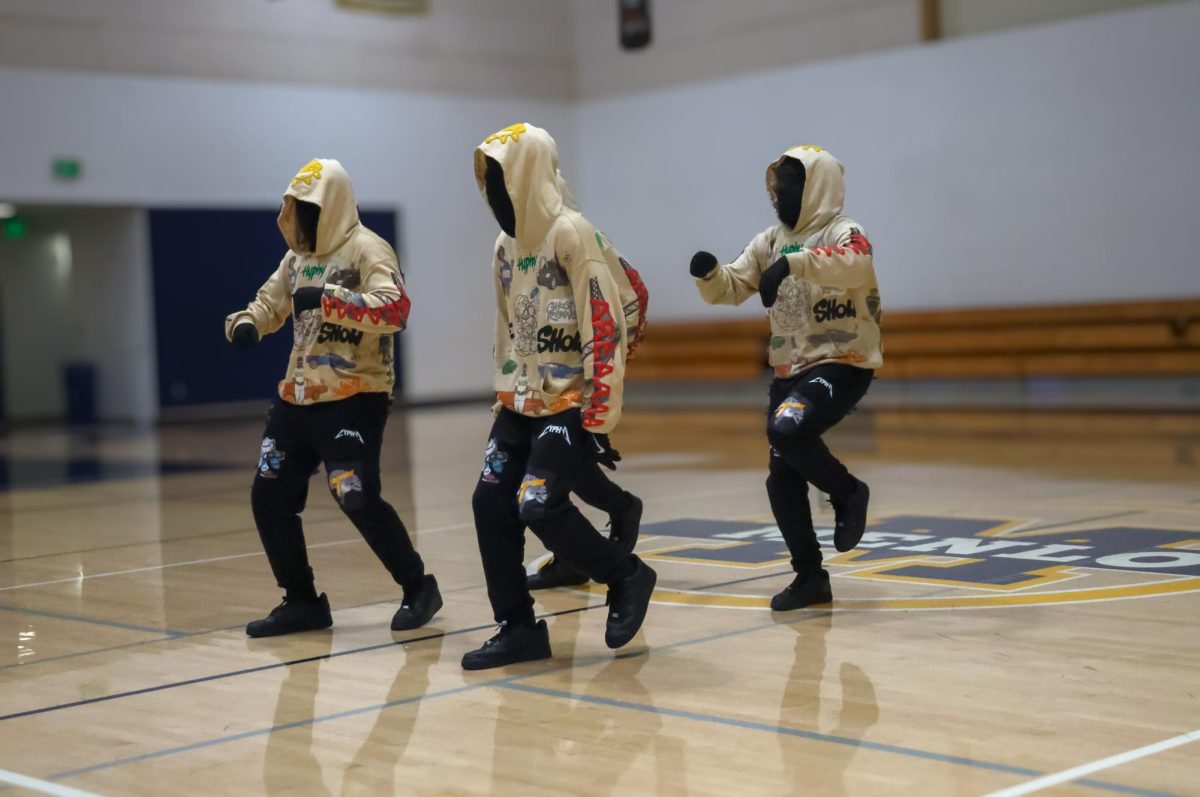The Menlo administration is set to send a letter to the Menlo community regarding grades, balancing academics with extracurricular activities, and other key issues. Photo courtesy of Tripp Robbins.
By Emilio Simbeck
Later this week, the Menlo administration will send a significant letter to the entire Menlo community regarding their thoughts from the last couple years as well as their thoughts moving forward. The letter will include subjects such as grades, balancing academics with other activities, and more. The school initially planned to include a section in respect to college placement, but later decided it would be best received as a separate message, and will be unveiled after the initial letter. Menlo’s Communications Department is aiming to release the letter by September 27 or 28, according to Upper School Director John Schafer.
Several years ago, Menlo dispatched a similar kind of letter to the community; a glossy, multi-page work complete graphics and pictures. “[That letter] explained the academic program and how they were preparing kids for the 21st century,” Schafer said. “[The new piece] is going to be like that in terms of its number of pages, length of explanation of the school’s philosophy and so forth.”
In May of the 2016-2017 school year, a letter composed by former Menlo parents Devon and Dan Morehead was sent to Menlo’s administration and was also leaked to the student body. The letter, which had graphs and statistics to support its claims, asserted that although Menlo students have better standardized test scores than those at peer schools, they had the lowest average GPAs.
Later that spring and over the summer, AP statistics teacher, Lauren Lax, dove deep into the data the Morehead’s put forth in their letter and planned a response. Although many may believe that the letter being released later this week is a response to the Morehead letter, Mr. Schafer explained that it was not, but rather a culmination of several years of work with a piece about college admissions as well. “The new schedule is a piece of this work, student business and sleep and stress,” Schafer said. “[There is also] a survey about the workload and standards graduates experienced here versus what they are facing in college. We’ve been doing a ton of work before the [Morehead report] got out there.”
Menlo also did its own analysis of its student’s grades compared to other schools in the area. A couple schools gave Menlo three years worth of data, but asked to stay anonymous, which Menlo respects. This analysis addresses GPA, SAT/ACT score, number of honors/AP classes and the college results of those students. “We have a thousand data points of [the meaning if] our grades are different than other schools,” Schafer said. “The question is, does it mean anything in college admissions?”
“The bottom line is, it doesn’t,” Schafer said. Schafer indicated that that claim will be backed up with evidence in the upcoming report.
Separate from this issue, Schafer said he wants students to have a better understanding of how data is properly collected and analyzed. He hopes she can give a presentation at some point to those interested.
The Coat of Arms will be covering the release of the awaited article and its contents, so be sure to check back for more.








